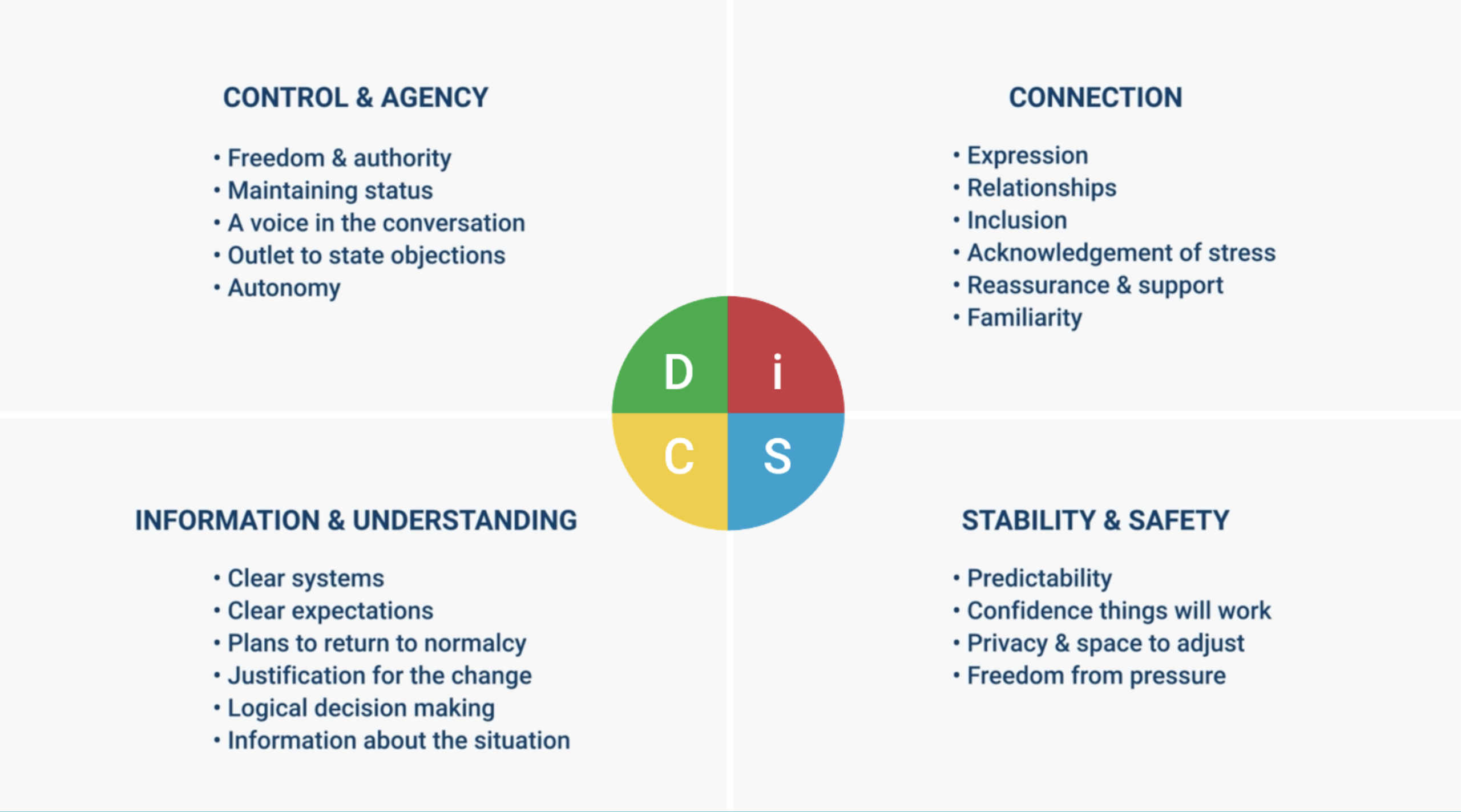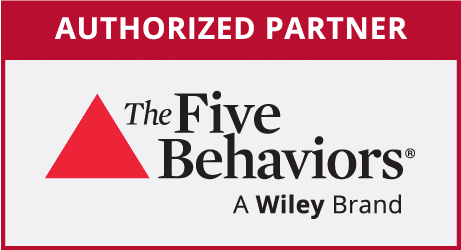
How to Be More Objective – Through the Lens of DiSC®
Objectivity is a critical skill in today’s fast-paced, feedback-rich workplace. But staying objective isn’t always easy—especially when emotions, urgency, or personal bias sneak into decision-making. One of the most practical ways to become more self-aware and objective is by understanding your natural behavior style through the DiSC® framework.
Each DiSC style—D, i, S, and C—has strengths that support objectivity, as well as blind spots that may cloud it. The key is recognizing where we naturally lean and where we may need to course-correct.
🟥 D Style: The Driven Decision-Maker
What helps: D-style individuals are often naturally objective when it comes to focusing on results. They’re quick to cut through emotion and zero in on what needs to be done.
What to watch for: The desire to act fast can sometimes lead to overlooking key information or skipping input from others. For greater objectivity, D-styles benefit from pausing to consider alternative viewpoints—even when under pressure.
Tip: Ask yourself, “What am I missing?” or “Whose perspective haven’t I heard yet?”
🟧 i Style: The Enthusiastic Collaborator
What helps: i-styles are excellent at reading the room and staying people-focused, which can add empathy to decisions.
What to watch for: Their optimism and personal relationships can occasionally cloud their judgment, leading to overly positive assumptions or people-pleasing.
Tip: When making decisions, balance emotional input with facts. Ask, “What data supports this?” or “Am I being fair to all parties, not just the loudest voices?”
🟩 S Style: The Steady Supporter
What helps: S-styles are patient and naturally inclined to consider others’ needs—great for objective listening.
What to watch for: Their aversion to conflict can lead them to avoid tough truths or defer to others, even if it means compromising the facts.
Tip: Practice assertiveness in expressing your own perspective. Ask, “What do I really think about this?” or “Am I being too accommodating at the expense of clarity?”
🟦 C Style: The Cautious Analyst
What helps: C-styles thrive on data, accuracy, and thorough analysis—foundations of objective thinking.
What to watch for: Their desire for perfection or over-analysis can cause delays or make them overly critical.
Tip: Keep objectivity balanced with action. Ask, “Is this level of detail necessary?” or “Am I seeking flaws more than solutions?”
Objectivity is a Skill—Not a Trait
Being objective doesn’t mean being cold or disconnected—it means separating facts from feelings when it counts most. By using the DiSC lens, individuals and teams can build greater awareness of their biases and adapt in real time.
Start by asking: How does my style shape what I notice, react to, or prioritize?
Because the better we understand ourselves, the more objective—and effective—we can be.
You might also be interested in






